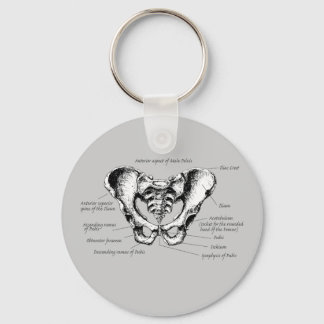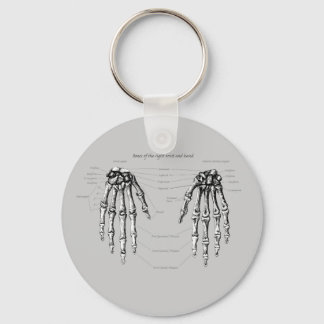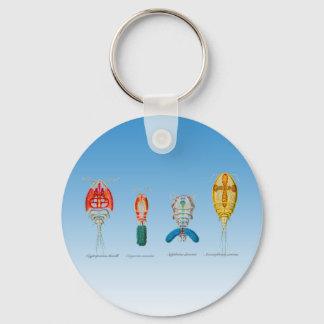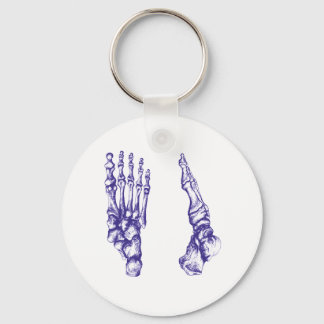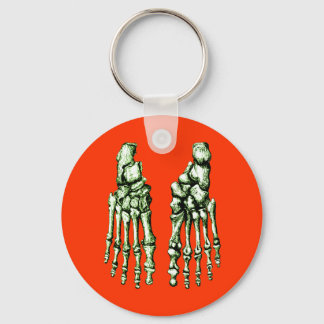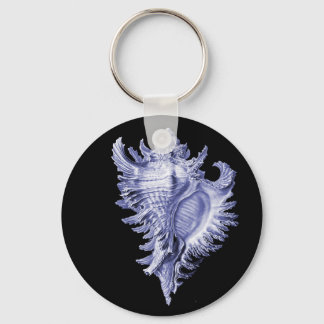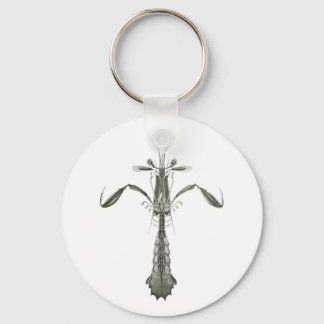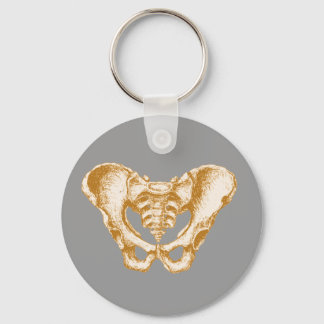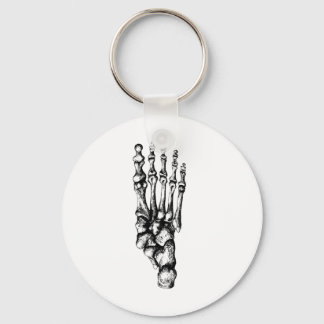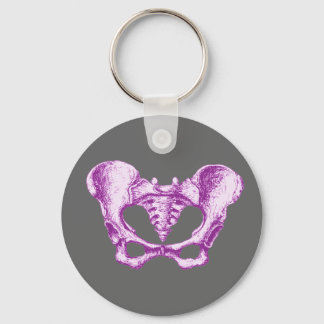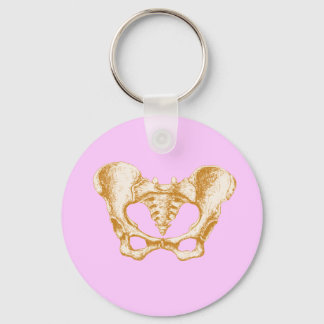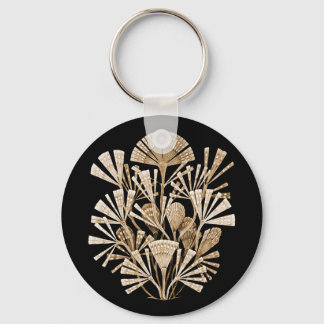About
Key (n) "instrument for opening locks," Middle English keie, from Old English cæg "metal piece that works a lock, key" literal and figurative ("solution, explanation, one who or that which opens the way or explains"), a word of unknown origin, abnormal evolution, and no sure cognates other than Old Frisian kei.
Perhaps it is related to Middle Low German keie "lance, spear" on notion of "tool to cleave with," from Proto-Germanic *ki- "to cleave, split" (cognates: German Keil "wedge," Gothic us-kijans "come forth," said of seed sprouts, keinan "to germinate"). But Liberman writes, "The original meaning of *kaig-jo- was presumably '*pin with a twisted end.' Words with the root *kai- followed by a consonant meaning 'crooked, bent; twisted' are common only in the North Germanic languages." Compare also Sanskrit kuncika- "key," from kunc- "make crooked."
Chain (n.) c. 1300, from Old French chaeine "chain" (12c., Modern French chaîne), from Latin catena "chain" (source also of Spanish cadena, Italian catena), which is of unknown origin, perhaps from PIE root *kat- "to twist, twine" (source also of Latin cassis "hunting net, snare"). (http://etymonline.com)
More
Products
View All ProductsMale Pelvis Details Key Ring
Price$11.05
Hand Bones Details Key Ring
Price$11.05
Copepods Key Ring
Price$11.05
Bones of the feet - blue key ring
Price$11.05
2 Feet Down Green Key Ring
Price$11.05
Sea Snail Key Ring
Price$11.05
2 Feet Up Key Ring
Price$11.05
Mantis Shrimp Key Ring
Price$11.05
Male Pelvis Sepia Key Ring
Price$11.05
1 Foot Up Key Ring
Price$11.05
Female Pelvis Purple Key Ring
Price$11.05
Sitatunga or Marshbuck Key Ring
Price$11.05
Bones of the feet - purple key ring
Price$11.05
Female Pelvis Sepia Key Ring
Price$11.05
A Diatom Key Ring
Price$11.05
Recently Viewed Items
